Between German and Hebrew —— The Counterlanguages of Gershom Scholem, Werner Kraft and Ludwig Strauss
----- 在德语和希伯来语之间:格肖姆·斯科勒姆、沃纳·卡夫和路德维希·施特劳斯的反语
This book traces the German-Hebrew contact zones in which Gershom Scholem, Werner Kraft and Ludwig Strauss lived and produced their creative work in early twentieth-century Germany and later in British Mandate Palestine after their voluntary or forced migration in the 1920s and 1930s. Set in shifting historical contexts and literary debates – the notion of the German vernacular nation, Hebraism and Jewish Revival in Weimar Germany, the crisis of language in modernist literature, and the fledgling multilingual communities in Jerusalem, the writings of Scholem, Kraft and Strauss emerge as unique forms of counterlanguage. The three chapters of the book are dedicated to Scholem’s Hebraist lamentation, Kraft’s Germanist steadfastness and Strauss’s polyglot dialogue, respectively. The examination of their correspondences, diaries, scholarship and literary oeuvres demonstrates how counteractive writing practices helped confront concrete and metaphorical crises of language to produce compelling alternatives to literary silence, amnesia or paralysis that were prompted by cultural marginality and dislocation.
{{comment.content}}


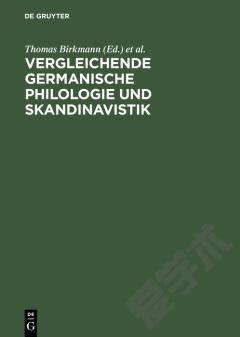
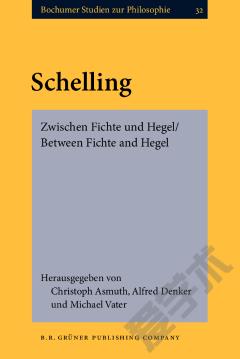
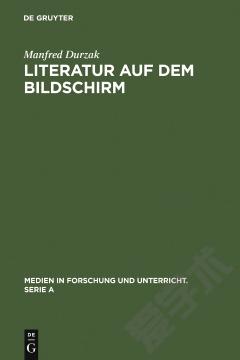
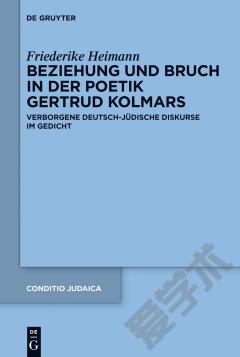
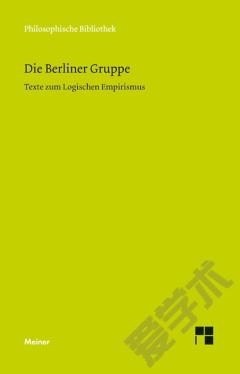

 京公网安备 11010802027623号
京公网安备 11010802027623号